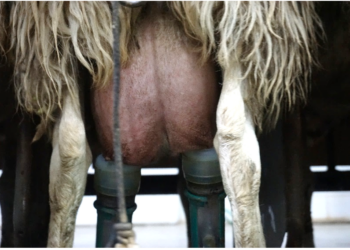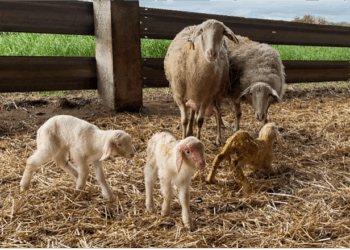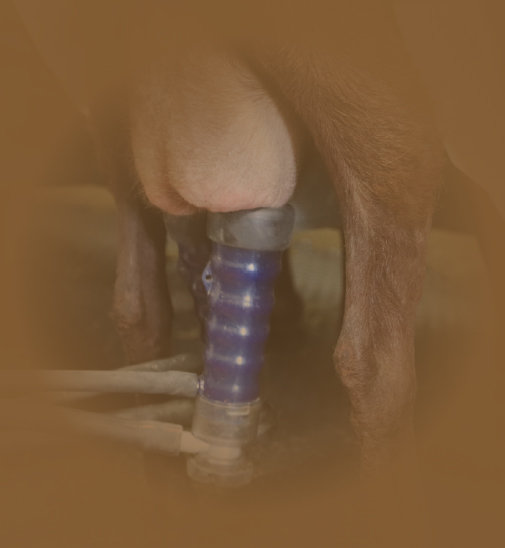The rearing phase is one of the most important periods in the life of animals, as we prepare them for their adult stage. Therefore, it is necessary to ensure they are in optimal health in order to guarantee good health conditions for the flock in the future. There are some diseases of particular importance, and their prevention and control needs to begin in the rearing stage.
The basis for a healthy flock
Replacement is the future of the flock. The highest priority during rearing is to make sure the animal is developing properly. To achieve this, it is necessary to ensure good health and nutrition.

Which diseases are important in rearing?
Prevention should begin at birth. If we have a group of young sheep which has had a respiratory problem, they will not develop properly. It is therefore important to vaccinate at young ages.
Chronic lung lesions cause growth delays
The risk factors are difficult to control, and they have a considerable impact due to the high mortality rate. Therefore, it is always necessary to implement an adequate vaccination programme from the first days of life, along with adequate nutrition.

· Abortions
One of the main pathogens worldwide is Chlamydia abortus. If we have Chlamydia circulating in the flock, the only way to control the problem is vaccination against C. abortus.
Risk management for abortions should be introduced at an early age during rearing
It is essential to vaccinate the lambs to prevent them from becoming infected at an early age and from aborting at the end of their first pregnancy.
Primary vaccination in rearing and annual revaccination of the entire flock with a safe and effective inactivated vaccine is a key tool for controlling C. abortus.
An endemic disease in many areas and difficult to control. It is necessary to set up a strict and intensive vaccination programme against Mycoplasma agalactiae.
Vaccination and revaccination during rearing are recommended, followed by blanket vaccinations every 4-6 months.
Key points on nutrition
Proper feeding management is crucial to ensure the correct supply of nutrients. The objectives at this stage will be:
· Ensuring rumen development to achieve maximum intake capacity.
· Achieving optimal growth and avoiding fattening, which can have negative effects on reproduction and milk production.
Conclusions
It is essential to start disease prevention in the rearing phase, and this involves setting up vaccination programmes.
For example, vaccination against C. abortus will help protect animals at an early age, thus avoiding reproductive problems and reducing the spread of the pathogen.
Article written by:
Tania Perálvarez Puerta. Global Product Manager, Small Ruminants Franchise – HIPRA




